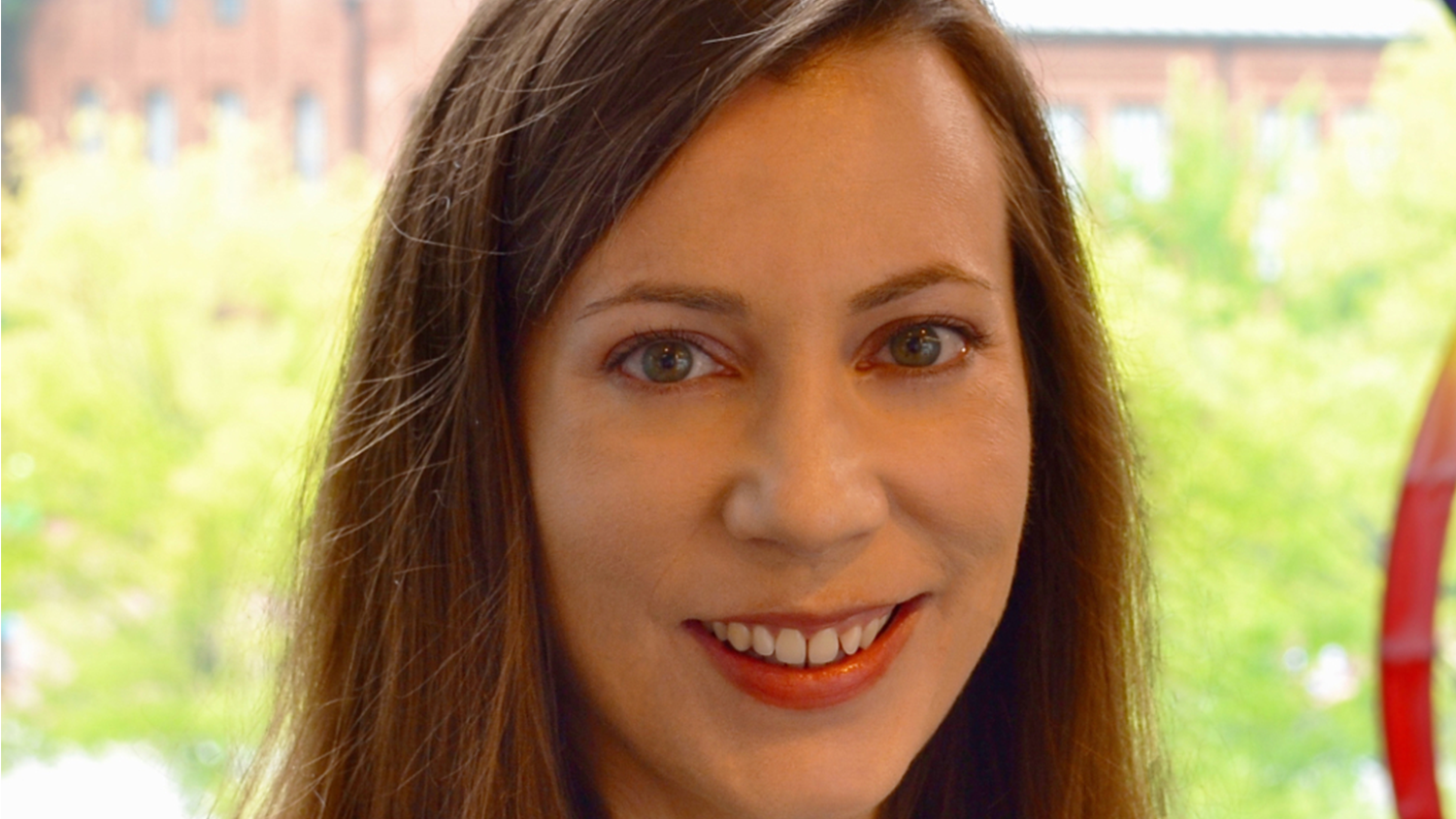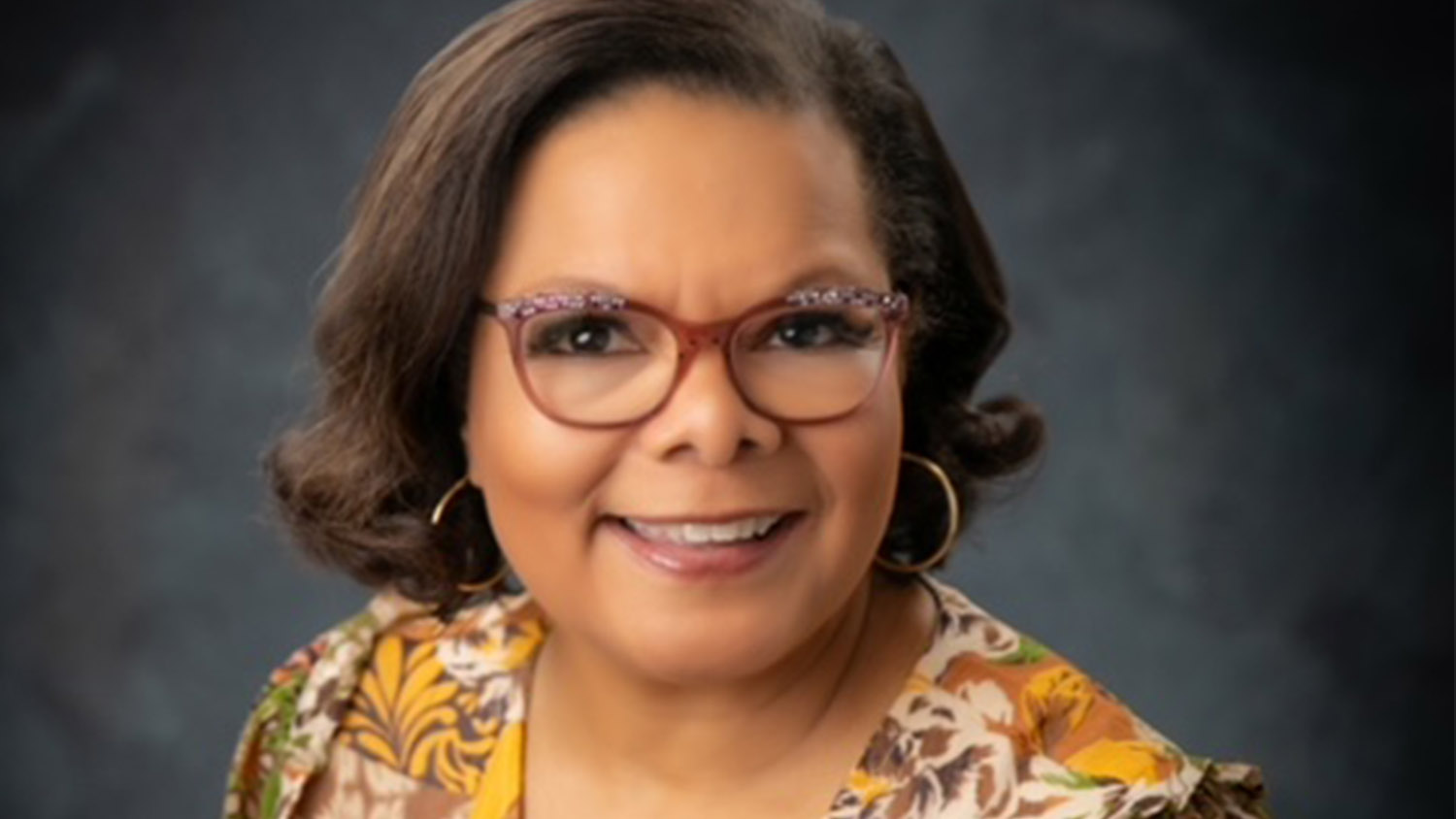Professor Alyssa Rockenbach to Receive Applied Psychology of Religion and Spirituality Award for Work on IDEALS Project

Alyssa Rockenbach, Ph.D., Alumni Distinguished Graduate Professor of Higher Education at the NC State College of Education, has devoted much of her research to religious and worldview diversity issues in higher education. Next year, her efforts will be recognized with an award from the Society for the Psychology of Religion and Spirituality.
Rockenbach will receive the Applied Psychology of Religion and Spirituality Award at the annual American Psychological Association Convention in Washington, D.C., in August 2020.
The award is given annually to recognize an outstanding investigator in research or implementation of psychology of religion and spirituality in applied areas.
“The purpose of my scholarship is to identify educational conditions and experiences that help improve intergroup attitudes and foster relationships that cross social boundaries. Educational spaces — and colleges and university campuses in particular — offer a unique environment for bridging religious, political and worldview differences,” Rockenbach said.
Rockenbach is the co-principal investigator of the Interfaith Diversity Experiences & Attitudes Longitudinal Survey (IDEALS) project, which examines how campus climate and college experiences shape students’ knowledge, attitudes and behaviors with respect to religion and worldview.
The project, which launched in 2015, is a partnership between education researchers and the Interfaith Youth Core that observes undergraduate encounters with religious and worldview diversity on a national scale. The project’s design makes it possible to examine how students’ interfaith diversity experiences and attitudes change over time and to pinpoint programs, activities and other environmental factors that foster meaningful interactions with others.
“The IDEALS project is intended to inform the field of education, but also has implications for other disciplines. I am happy to know our work is useful to psychologists as well as educators,” Rockenbach said. “I was delighted and deeply honored when I learned about the award. It meant a lot to me as an education scholar to be recognized by psychologists of religion and spirituality.”
- Categories:


